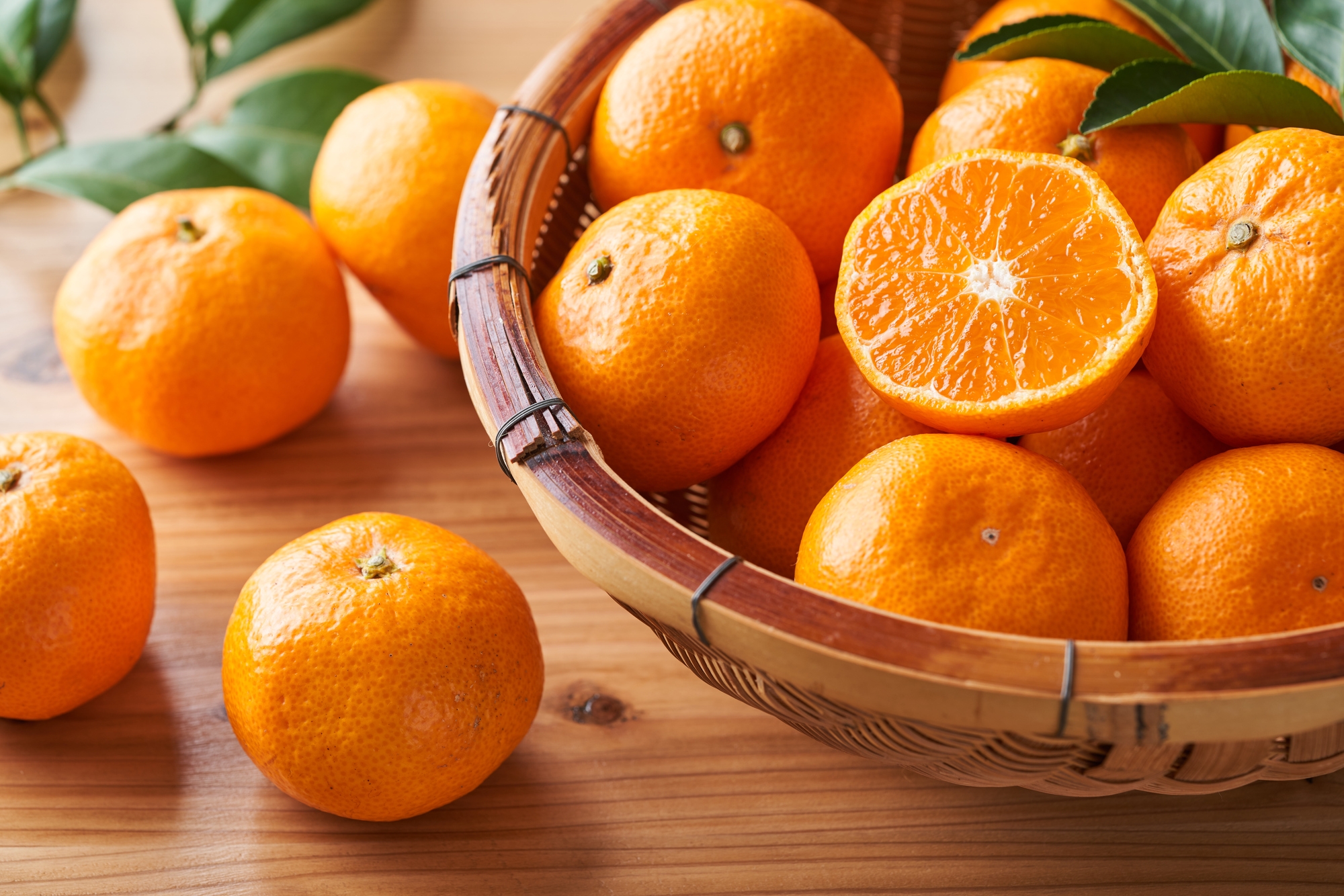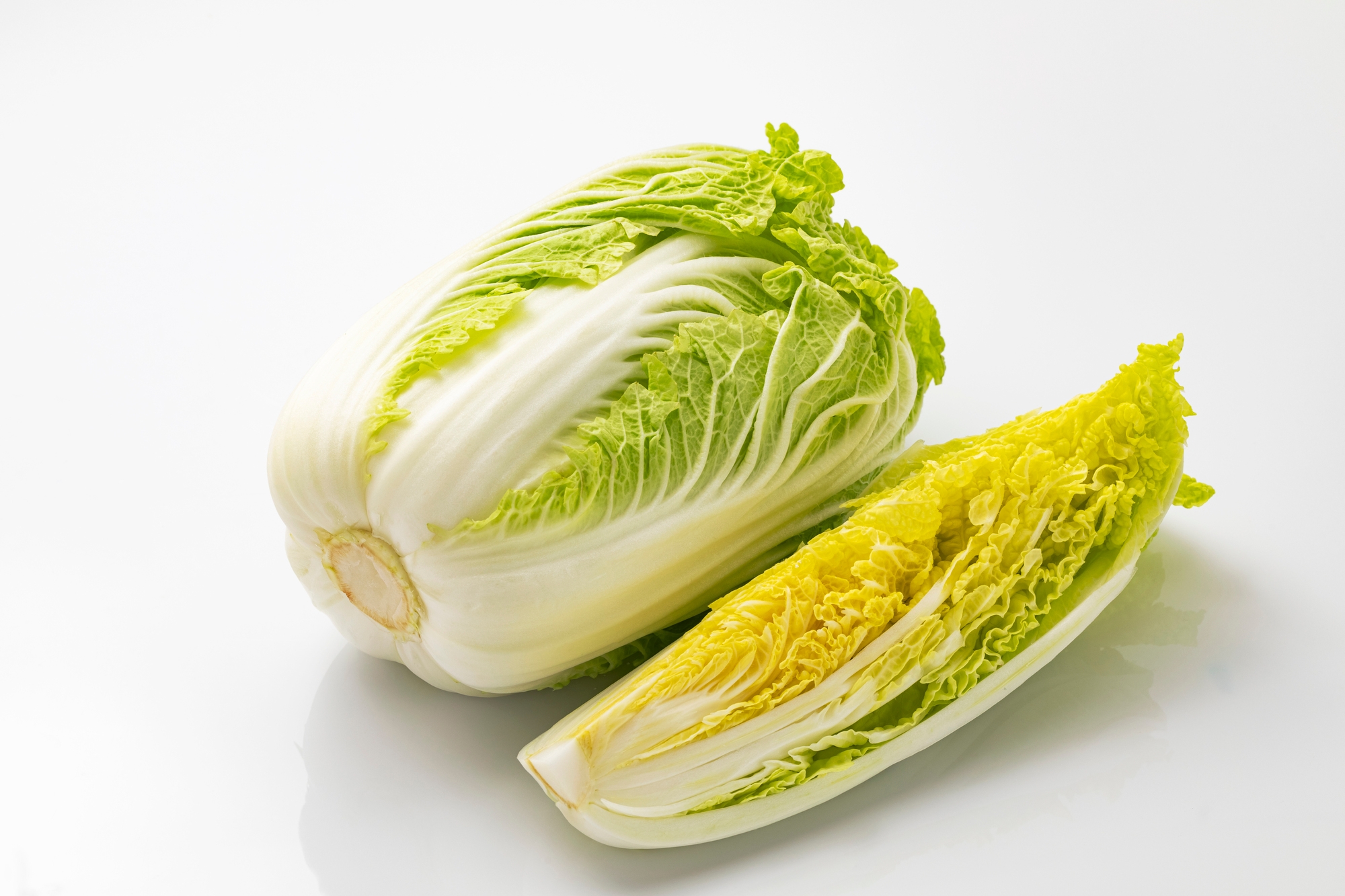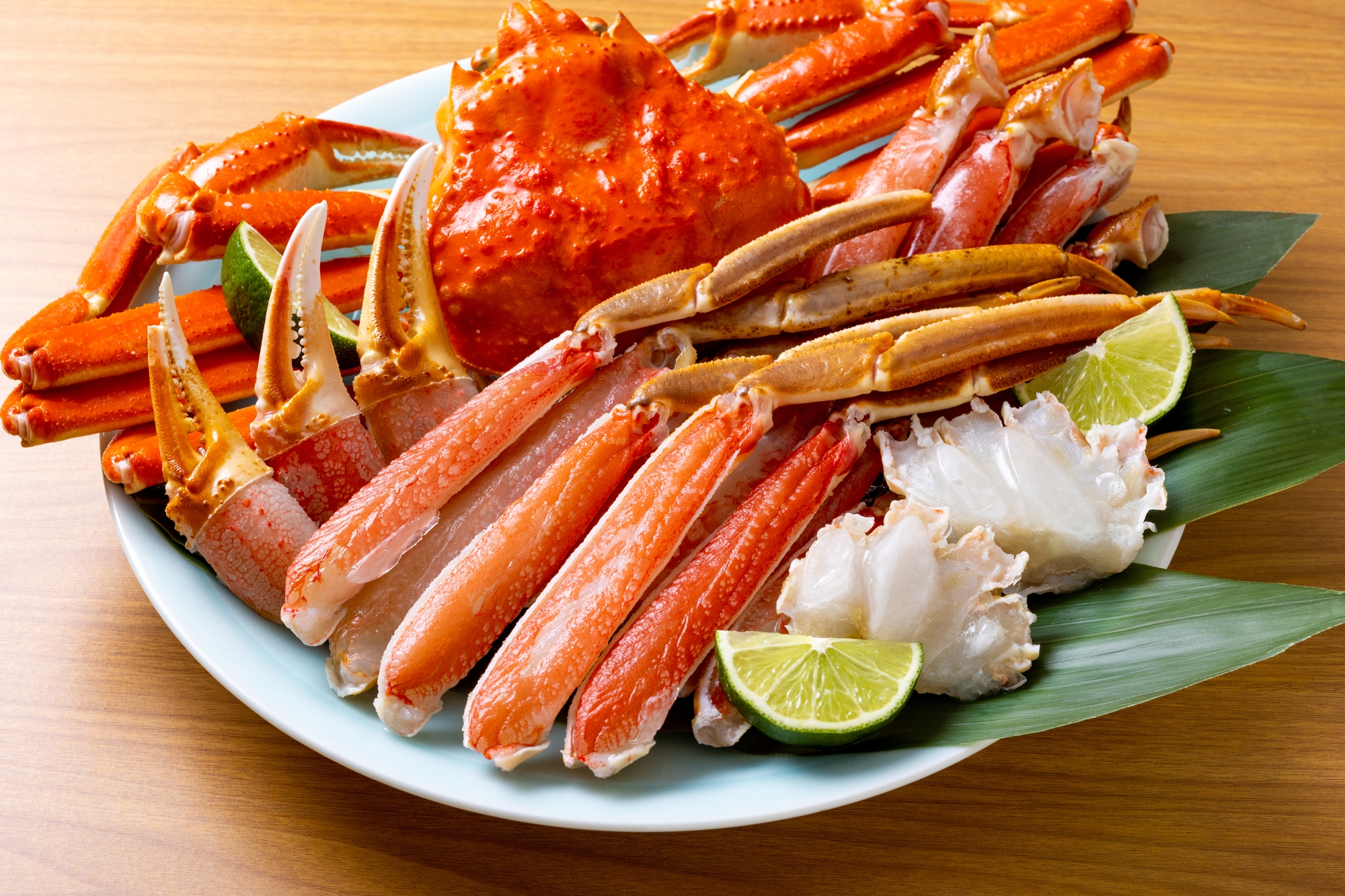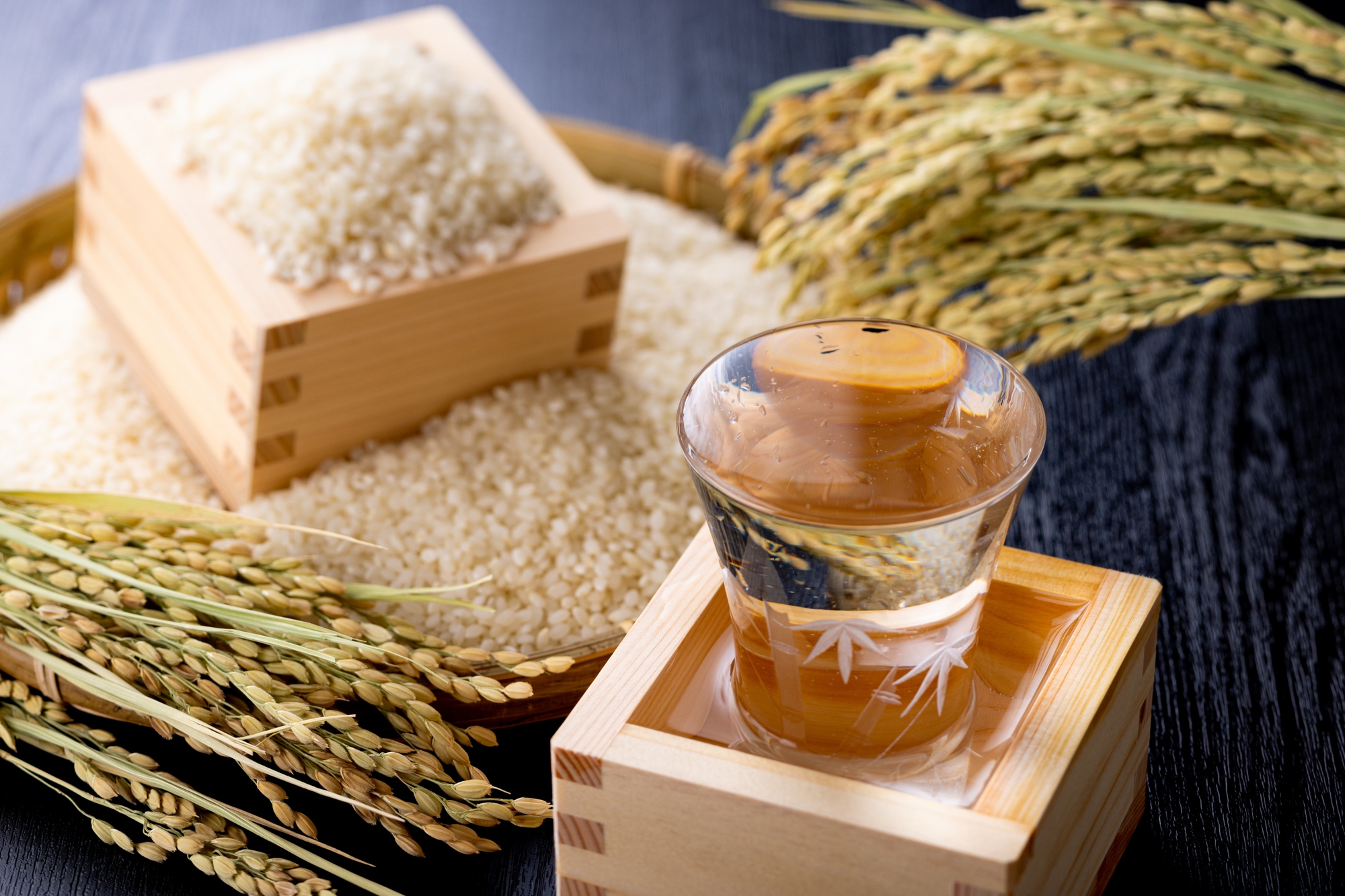TECH & CULTURE
Winter Delicacies
November 25, 2022
As the weather changes and the seasons turn, people in Japan begin to feel the winter starting around late November. There are certain dishes that are very popular to enjoy in winter, referred to as "the delicacies of winte.”.

According to a recent survey, the favorite wintertime foods in Japan were mikan oranges, chinese cabbage, and crab.
Mikan oranges are grown in central Japan and during the peak of their season are extremely sweet and rich in vitamin C. They have very soft peels that can be easily removed by hand. It is a common sight during the winter holidays to see families sitting around a kotatsu (a table with a heater underneath), watching tv and snacking on mikans.
Mikan oranges are grown in central Japan and during the peak of their season are extremely sweet and rich in vitamin C. They have very soft peels that can be easily removed by hand. It is a common sight during the winter holidays to see families sitting around a kotatsu (a table with a heater underneath), watching tv and snacking on mikans.

Chinese cabbage, or hakusai is very frequently used in Chinese cuisine. In Japan, it is a favorite winter vegetable as it is a frequent ingredient in nabe dishes. Nabe dishes are made from a wide range of different ingredients, including meats, seafood, vegetables, noodles, and tofu, all cooked together in a ceramic pot, making an extremely warming meal for winter evenings. The large flavorful leaves of hakusai go together well with sliced meat and other ingredients.

While crabs can be enjoyed year-round, the crabs caught off the coast of Hokkaido and in the cold north Pacific are at their peak during the winter months. They are eaten in a variety of ways, including as sashimi or boiled in nabe dishes. They are also popular to give as gifts for the New Year holiday.

The most consumed traditional alcoholic beverages in winter are sake, made from rice, and shochu, which is made from either grain or potatoes. Sake is typically served warm in winter, while the stronger shochu can be mixed with hot water or a variety of other things. Hot plum wine is also popular after meals, as it has a very sweet flavor.